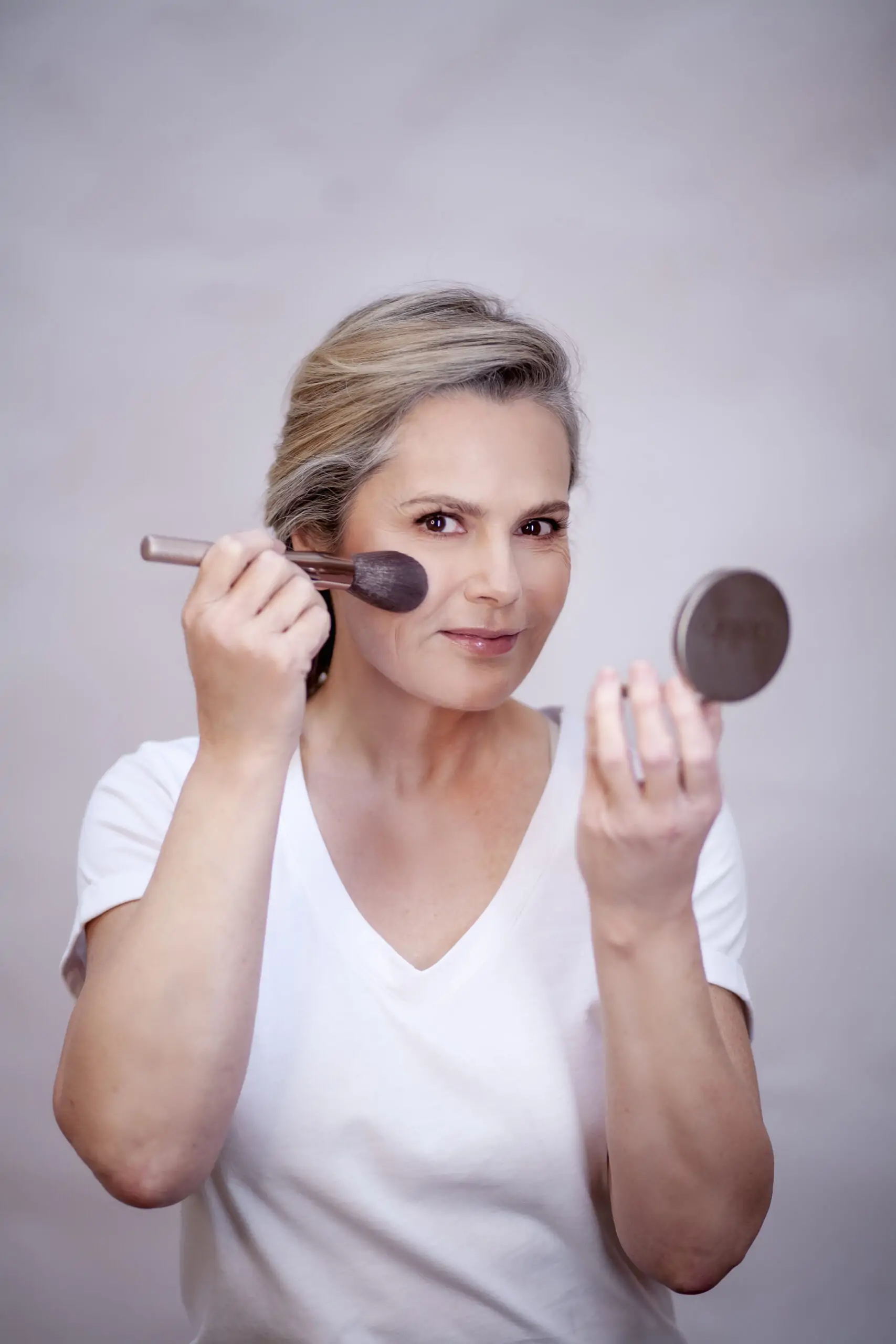The Menopause
Vaginal atrophy explained – symptoms, treatment and real life experience
While talking about menopause is becoming more commonplace, it can still feel difficult to discuss some of the more initmate intimate issues, such as vaginal atrophy.
Vaginal atrophy is common both pre- and post-menopause. Oestrogen keeps the vagina healthy by acting as a natural lubricant. It also plays a part in protecting against infection. However, declining oestrogen levels during perimenopause and menopause can affect the vagina, vulva and urinary tract. This can cause the tissues of the vagina to become thinner and drier. This is known as vaginal atrophy, and can bring many different symptoms.
The bladder and the urethra may also thin during this time, making them weaker. You may notice that you need to go to the toilet more frequently and more urgently. Lower oestrogen can also mean less of the good bacteria to fight off infection, meaning UTIs may become more common.
What are the symptoms of vaginal atrophy?
Vaginal dryness
General soreness, itchiness and inflammation
 Pain during sex
Pain during sexDiscomfort when wiping after using the toilet
Pain when using tampons
Pain when sitting, exercising or wearing certain clothes
Recurrent urinary tract infection
Urinary frequency and urgency
Bouts of thrush
What are the treatment options for vaginal atrophy?
Vaginal oestrogen
Localised oestrogen can help with the symptoms of vaginal atrophy, and there are a number of different options. It may come in the form of a pessary, which is a small tablet you place into the vagina. You may prefer to use a soft, silicon ring, which you also put in the vagina. Creams or gels can also be applied in the vagina as well as externally to ease soreness and itchiness.
Localised oestrogen is not the same as HRT and you can obtain it via a prescription. Some vaginal oestrogens are starting to be made available over the counter. In the majority of cases, you will need to use vaginal oestrogen for life as symptoms will return when you stop using it. Speak to your doctor about the best option for you.
HRT (hormone replacement therapy)
Some women find that HRT also helps with their symptoms of vaginal atrophy, and can be safely taken with local oestrogen.
HRT must be prescribed by a doctor. Concerned about your appointment? Watch the video below for tips from Liz about speaking to your doctor about menopause.

Lubrication
Using lubrication and moisturisers can help to counter any dryness you may be experiencing.
Lubricants can be used during sex if you’re finding intercourse to be uncomfortable as a result of vaginal atrophy. Moisturisers are more suitable for day-to-day use.
“Shining a light on vaginal atrophy is so important.”
We chat to Jackie Powell, 69, from Glastonbury who shares her experience of vaginal atrophy and – more importantly – how she overcame it.
Five years ago, Jackie found her sex life with husband of 47 years, Bill, started to decline due to dryness caused by vaginal atrophy.
Despite using lubricant, Jackie found that sex left her sore and felt lubrication spoilt any spontaneity. She also experienced itchiness and pain, especially after using toilet paper.
 Jackie had a hysterectomy at 42, and went through menopause 10 years later. She didn’t experience many symptoms apart from “the odd hot flush” until vaginal atrophy came along. As she explains, she initially accepted as part and parcel of getting older.
Jackie had a hysterectomy at 42, and went through menopause 10 years later. She didn’t experience many symptoms apart from “the odd hot flush” until vaginal atrophy came along. As she explains, she initially accepted as part and parcel of getting older.
“I wanted a fulfilling and spontaneous sex life but thought sex just stopped after a certain age,” she says.
After five years, she opened up to her neighbour, who suggested trying cream and tablets to ease the symptoms. She was given a prescription from her doctor and says she’s “never looked back”.
She adds: “Since talking about [vaginal atrophy] I now know you can have an exciting sex life.
“As women, we should never shy away from intimate subjects and shining a light on vaginal atrophy is so important.”
 Jackie has since openly discussed vaginal atrophy with her girlfriends, who also didn’t know that symptoms could be relieved.
Jackie has since openly discussed vaginal atrophy with her girlfriends, who also didn’t know that symptoms could be relieved.
The mum-of-two now feels confident in going out and speaking to other women about these symptoms, informing them that it really is something they can control.

 Pain during sex
Pain during sex



